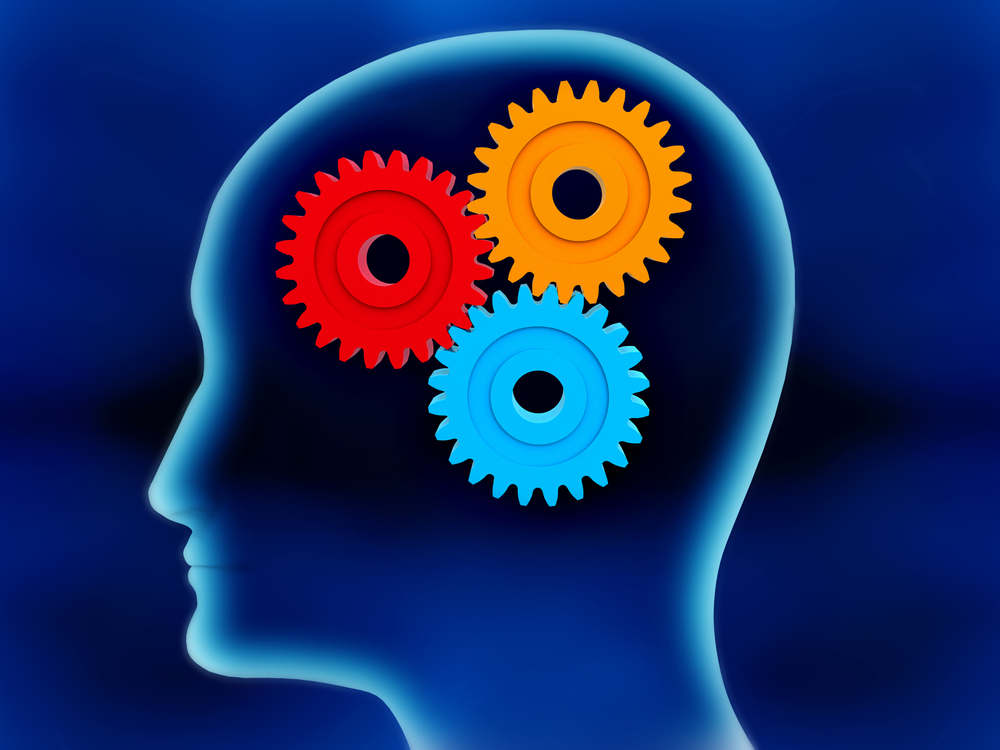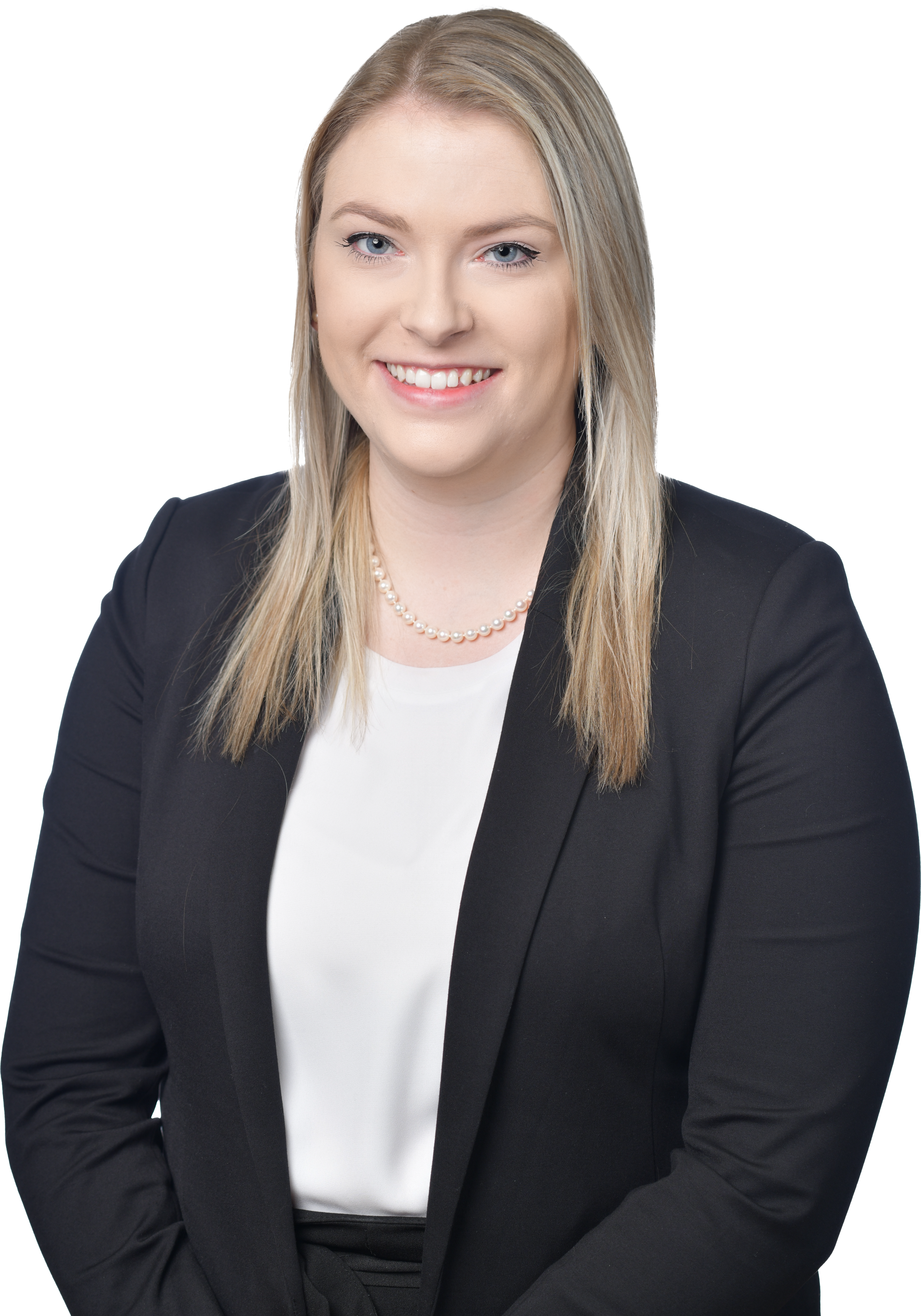
Recently, the Licence Appeal Tribunal (LAT) released Panchoo v. Aviva, (2023 CanLII 87390), another decision in the recent line considering the applicability of Single Photon Emission Computerized Tomography (SPECT) imaging in the diagnosis of post-concussion syndrome or mild traumatic brain injury (mTBI). In it, the claimant, Mr. Panchoo, sought payment of a series of treatment plans that were denied by Aviva, his accident benefits insurer, on the basis that they were not reasonably necessary. These plans included continuing chiropractic care, psychological counselling, cognitive rehabilitation, and funding for an incurred neuropsychology assessments. Aviva denied the plans based on earlier insurance medical examinations from its neurologist and neuropsychologist that found no objective evidence of a neurological, cognitive, or psychological condition. Based on these opinions, Aviva decided that further treatment was unnecessary, despite the claimant’s ongoing cognitive, psychological, and physical struggles.
Mr. Panchoo presented evidence, including the results of the disputed neuropsychology assessment (prepared by Dr. Gladshteyn) and a recent SPECT scan, to argue that his mTBI diagnosis was supported by objective evidence, which in turn established that the disputed treatment plans were reasonable and necessary for his recovery.
SPECT scans trace the flow of blood within the brain, which can chart brain activity and identify areas of impaired function compared to expected norms. Although SPECT provides valuable data, it cannot establish the source of the impairment. The Superior Court of Justice has consistently upheld the position that SPECT scans can identify specific areas of dysfunction that are consistent with a brain injury, but an assessor cannot rely solely upon SPECT to diagnose an mTBI. Typically, a patient will need to present other evidence in support of their ongoing symptoms and functional impairments to support a diagnosis of an mTBI.
Mr. Panchoo did not strike his head directly or lose consciousness in the collision. However, in Whiplash and other cases, trauma can occur when the brain impacts the inside of the victim’s skull.
Ordinarily, even in the absence of a direct head injury, a neuropsychological examination will be recognized as objective evidence of an mTBI. However, in this case, the insurance report was not supportive. Aviva’s expert, Dr. Nikkou, acknowledged the claimant’s reports of ongoing nightmares, feelings of sadness and fatigue, sleep disturbances, memory difficulties, and concern about his post-accident health, but identified only “subclinical features” of adjustment disorder with mixed anxiety and depressed mood, and claimed that Mr. Panchoo displayed symptom exaggeration on testing. In addition, Dr. Nussbaum, a psychologist hired by Aviva had earlier claimed that any cognitive difficulties “would have resolved within one year of the accident.” Armed with these opinions, Aviva denied the treatment plans, and refused to accept the mTBI diagnosis expressed in Dr. Gladshteyn’s more recent neuropsychology report.
Through the written hearing, Mr. Panchoo argued that the earlier Aviva assessments only represented a “snapshot in time” and that his condition had continued to evolve and change. Both Dr. Gladshteyn and Dr. Chen (his family physician) found that he continued to experience significant cognitive difficulties. Neurocognitive testing confirmed a major cognitive disorder. Also, the SPECT scan performed in July 2022 identified perfusion defects in the anterior/inferior frontal area of Mr. Panchoo’s brain that were consistent with a TBI.
Vice-Chair Moore agreed with Mr. Panchoo’s position and found that the neuropsychological assessment, proposed psychological counselling and cognitive rehabilitation were reasonable and necessary. Aviva’s claim that there was no objective evidence supporting Mr. Panchoo’s diagnoses was not valid in view of the SPECT scan. The Vice-Chair noted that Aviva’s assessors did not have access to the SPECT results when they originally expressed their opinions. Implicitly, his endorsement of SPECT scans as objective evidence in support of an mTBI demonstrates that the dispute over these plans could have been resolved without the need for a hearing. Despite this result however, the Vice-Chair did not endorse a special award against Aviva for unreasonable denial or delay in providing benefits, as he found Aviva’s behaviour was not “excessive, imprudent, stubborn, inflexible, or unyielding.”
Hopefully, as these SPECT cases continue to resolve in the claimants’ favour, Aviva and other accident benefits insurance companies will accept the legitimacy of the data and adjust mTBI claims accordingly.

Subscribe to our newsletter
Get free insights delivered right to your inbox
Give us your email address and we’ll send you the latest information on updates to the legal and insurance system and learn how you can make the best recovery possible.
.jpg?width=726&height=440&name=image%2013%20(1).jpg)
Recent Posts
Put our expertise to work for you.
If you or a loved one has been seriously injured, you need a personal injury lawyer who puts client care first and who also knows how to navigate the complex legal system.
Contact Us Now